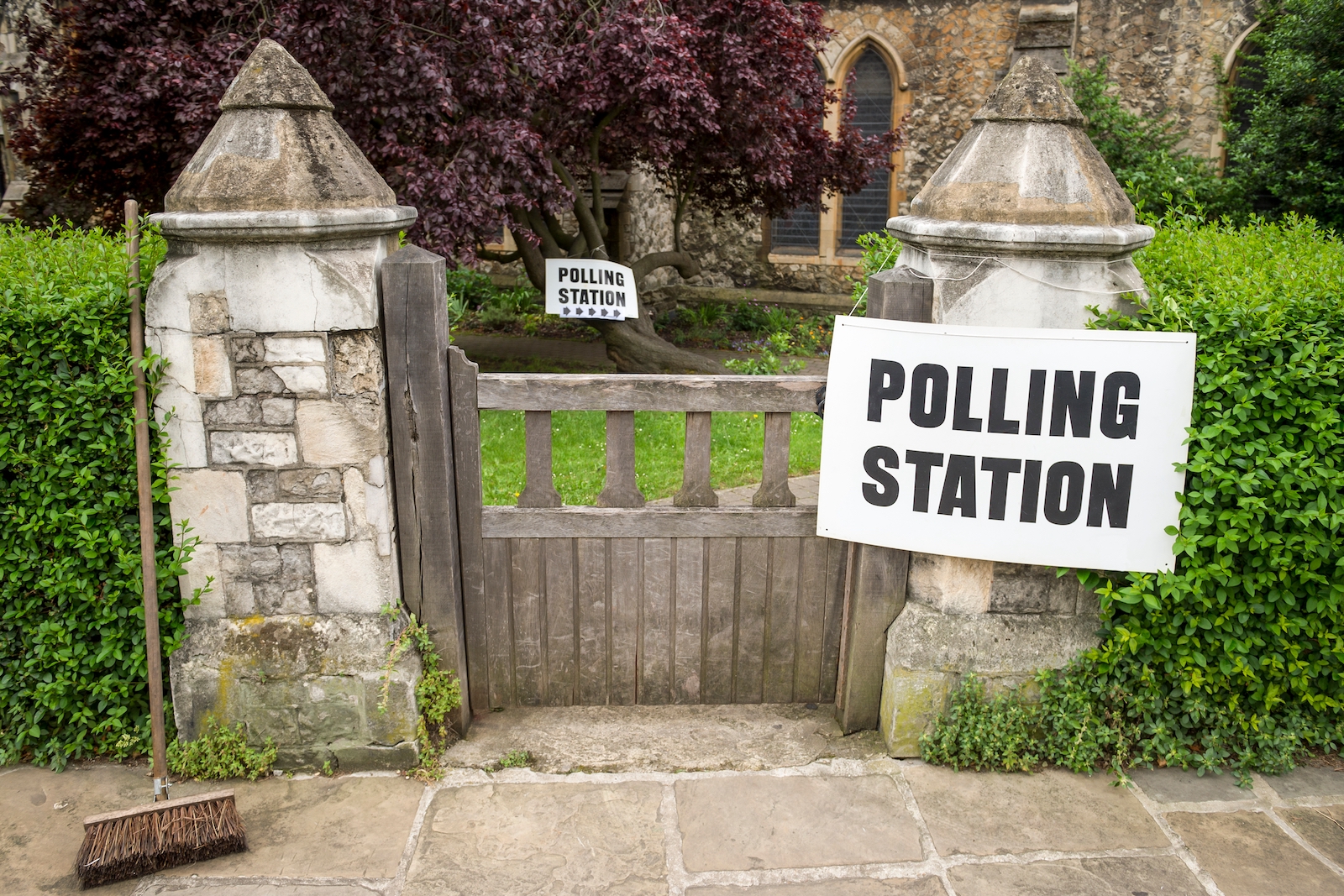
Britain’s Problem With Teen Voting
The UK government has announced that the voting age will be reduced to 16 at the next general election, fulfilling Labour’s 2024 manifesto pledge to expand youth participation in democracy. Prime Minister Sir Keir Starmer has defended the move by noting that 16-year-olds can already work and pay taxes, and therefore should have a say in choosing their representatives. His deputy, Angela Rayner — whose department is tasked with delivering the change — underscored her support by citing her own experience of becoming a mother at 16, when she was already “putting food on the table” as a teenager.
But the reaction to the policy was more muted than Labour might have hoped. Critics have questioned why 16-year-olds should be entrusted with the vote when they still cannot legally marry, purchase cigarettes, drive unaccompanied, serve on a jury, or drink alcohol without adult supervision. Right-leaning parties, including the Conservatives and Reform UK, accused Starmer of “shameless gerrymandering” and of attempting to “rig the political system” in Labour’s favor.
That suspicion is not without some grounding. Young voters generally lean left, and extending the franchise to 16–17-year-olds would, on paper, give Labour a demographic advantage. Yet polling from Merlin Strategy for ITV News complicates the picture: while more than a third of 16–17-year-olds say they would vote Labour, Reform UK — led by Nigel Farage — ranks second with 20 percent support in that age group.
Since entering office in July 2024, Starmer’s popularity has suffered amid political missteps and an unforgiving economic climate, while Farage and Reform have steadily climbed in the polls. As a result, the very expansion designed to shore up Labour’s numbers could just as easily benefit its populist rival — a calculated risk that may not yield the desired return.
Beneath the electoral arithmetic lies a broader critique: that the change unsettles the long-standing balance between rights and responsibilities in civic life.
Voting is among the most consequential rights in a liberal democracy. A single ballot may seem insignificant, but collectively, votes can determine the nation’s course for decades. Only last year, the electorate handed Labour one of the largest majorities in modern history, ending nearly 14 years of Conservative rule. In 2016, 52 percent of voters chose to leave the European Union — a decision whose repercussions continue to shape the UK’s political and economic reality.
When the state grants an individual the vote, it is acknowledging their full membership in civic life, with all the duties that such membership entails. Traditionally, this threshold has been reached at 18 — the age at which the law recognises a person as fully independent, legally liable, and capable of shouldering the full weight of adult obligations. While many 16-year-olds are hardworking, passionate, and politically aware, they remain under the legal care of a parent or guardian and are not yet expected to bear the full civil or legal liabilities of adulthood.
In much of the modern West, the conversation around rights has grown increasingly detached from the conversation around responsibilities. Yet the two are inseparable. The right to marry carries with it the responsibility to maintain a family. The right to serve on a jury brings the duty to deliver justice. Even the right to buy a pack of cigarettes comes with the responsibility of managing one’s own health.
Why then should the right to vote — the power to shape the political destiny of the nation — be divorced from the responsibilities of adulthood? As Farage has pointedly asked, “How can someone vote in an election they cannot run in?” If the age of eligibility for public office and full civic accountability remains at 18, what is the logic in allowing those below that threshold to decide who should bear those burdens on behalf of the country?
Supporters of the change often cite the Brexit referendum, when many young people felt disenfranchised from a decision that would affect their futures for decades. This is a legitimate frustration. But lowering the voting age is a blunt remedy. A more constructive lesson from Brexit might be for today’s 16-year-olds to understand the franchise not merely as a right to be claimed but as a responsibility to be prepared for — a responsibility that demands a level of maturity and accountability society has long associated with adulthood.
Encouraging civic engagement among younger citizens is a worthy goal. But in a functioning democracy, rights and responsibilities must remain in balance. That balance — not short-term political advantage or the passions of the moment — is the true marker of democratic maturity. It is the steadying force that keeps the exercise of the vote both meaningful and legitimate, and it should not be discarded lightly.
